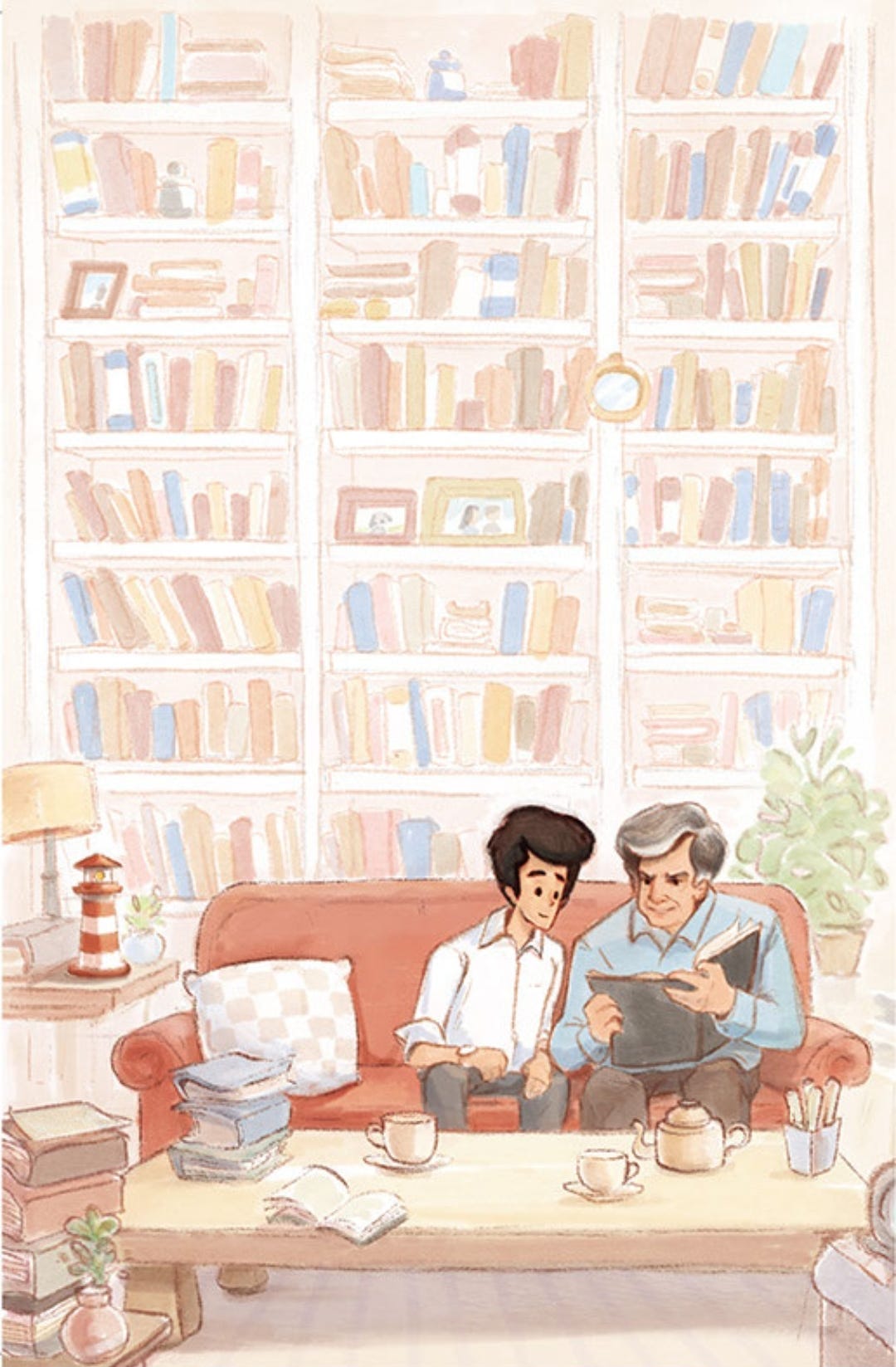‘We don’t sell broken businesses; we fix them.’ - Ratan Tata.
Mr. Ratan Tata is no more. Whatever your thoughts on him, one thing can't be denied. There is no one in India whose life isn't touched by his businesses daily. From common salt to five-star hotels, from textiles to steel, from cars to aviation, the Tatas have penetrated Indian life pretty deeply. Modern Indian history is intertwined with that of the Tatas, and Ratan Tata, who took the mantle from J.R.D. Tata has taken the business empire to new heights. He withstood tough times, tough governments, and tough competition. At the tail end of his life, there were a few conspiracies and setbacks, but they never affected his general image as a benevolent leader, a lighthouse of hope.
When I heard the news of his demise, I remembered a book that was with me for some time that I never got around to reading. It was 'I Came Upon a Lighthouse' written by Shantanu Naidu, the trusted assistant of Mr. Tata, who had a much closer personal relationship with him. I decided to slide this slender volume into my burgeoning TBR list and managed to read it within a few hours. The book, published in 2021 by Harper Collins, is ‘a short memoir of life with Ratan Tata' as claimed by the writer. He warns his readers that the book is a result more of heart and story and less of artistic capability.' The book has brilliant artwork by Sanjana Desai, which captures the tone of the content effectively.
It starts with a note by Ratan Tata himself, which briefly tells the reader how he met Shantanu and how their association developed. One could say that the remainder of the book is a detailed expansion of this note in a deeper and more personal tone. It begins with how the author, who comes from a family in which the members worked with Tatas for generations, met Ratan Tata for the first time when he decided to create a start-up that helped street dogs. Tata, who also loved animals, was impressed with the idea and invested in it. Thus began a companionship that continued through his education in an Ivy League college and his career as the Deputy General Manager in Ratan Tata's office.
The book doesn't offer much insight into the personal or professional life of Ratan Tata. It focuses more on the core memories that the writer retains from his interactions. It is about the parental figure that took him in his wings and helped him soar high in his path. It's about a friend with whom he could share everything about his life. It's about the tough mentor who ensured that the writer was imbued with all the qualities that made him a perfect person. It's a featherlight book that is about how Ratan Tata impacted the life of its author.
I told him that when I write a book, I would write about another side of him and not just historic events or business milestones.
Every business leader maintains a public image that is consciously built up through PR companies. That's why you find their public personas consistently extremely flamboyant, nerdy, conservative, or intellectual. In the case of Ratan Tata, I felt his constructed one was that of a benevolent, philanthropist figure whose purse strings are forever open for the worthy. It's that of a man who could never do an injustice. The book maintains the same facade, which I feel is perfectly fine. But other than this public image, the book also puts forward the portrait of a man who loved to have fun, have a swim, pull the legs, drink aamras, and forever value commitments. That, I feel, is the real service that the book does to the memories of the deceased industrialist.






